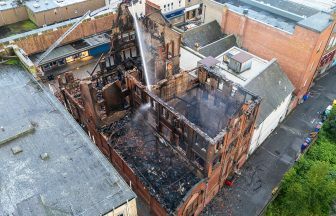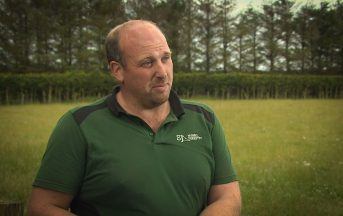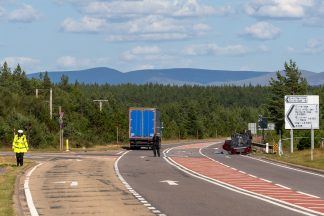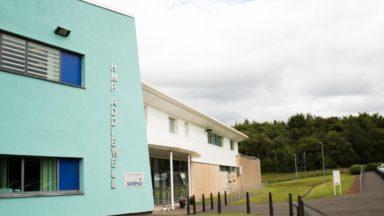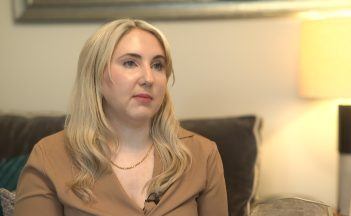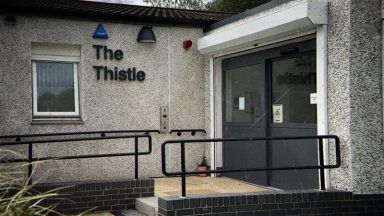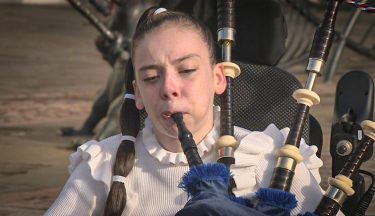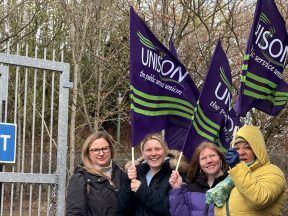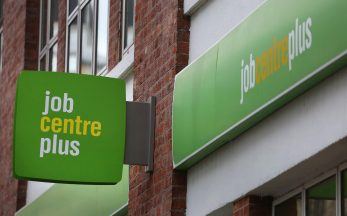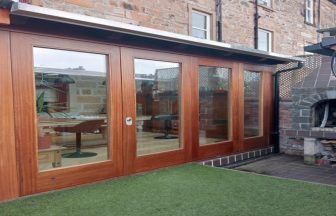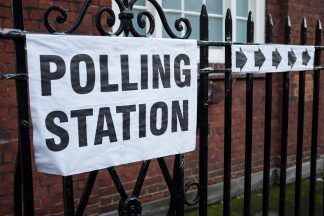Rent prices in Scotland have “soared” in the last year, figures show.
Across the country, one-bedroom properties increased by 9.6% in 12 months – bringing the average cost to £710 a month.
Two-bedroom places have seen an increase of 6.2%, while the highest increase was for three-bedroom properties, which increased by 10.7% to reach an average of £1,136 per month.
Four-bedroom places and one-bedroom shared properties both saw rents increase by 8.3%.
The highest increase in rents was in Lothian, with the average in the area rising from £665 per month in 2010 to £1,358 this year, with a 14% rise in the past 12 months.
Glasgow saw the next largest increase, rising from £564 in 2010 to £1,024 – a jump of 82% – although Scotland’s largest city and its surrounding area did see a small drop in average rents in the past year – the only of the 18 areas studied which did not see an above-inflation increase in the last 12 months.
Scotland overall saw a jump of 61% since 2010, with a 6.2% increase between 2023 and 2024.
Sizable increases were registered in other property types since 2010, with one-bed homes increasing by 60.7%, three beds by 68.7% and four beds almost doubling at 91%.
The figures have sparked calls for the Scottish Government to implement “robust” rent controls in legislation working its way through Holyrood.
“All over Scotland, households and families are being stretched to their limits by soaring rents and living costs,” said Maggie Chapman, social justice spokeswoman for the Scottish Greens.
“Everyone has the right to a warm, safe and affordable home, but far too many people are struggling with a broken and deeply unfair housing market.
“These rent hikes are hugely outstripping wages and inflation, and plunging tenants into totally avoidable poverty. What the numbers don’t tell us about is the huge levels of concern and anxiety these hikes are causing.
“By introducing robust rent controls that can actually bring rents down, not just keep them rising slowly, we can begin to tackle some of the exploitation that is central to the current market.”
Earlier this month, the Scottish Government announced that rent increases in designated control zones created by the Housing (Scotland) Bill will be capped at the rate of inflation plus 1% up to a total of 6% and will be applied in between tenancies as well as during them.
Ruth Gilbert, a spokeswoman for the campaign group Living Rent, said: “During a cost of living crisis, landlords have been increasing rents more than double the rate of inflation.
“This is draining tenants when they have nothing left to give. Despite landlords loudly protesting any form of rent controls which will hit their profits, this data clearly shows that they have been raking in the money for years.
“Very few tenants have had a wage increase above inflation. Yet in the last fourteen years, rents in Greater Glasgow have gone up over 30% above inflation, and 81% overall. In Lothian, rent increases are double inflation.”
Scotland’s housing minister Paul McLennan said rent control measures in the Housing (Scotland) Bill aim to “stabilise private sector” rents by protecting tenants who rely on the private rented sector.
“The differing rent levels across Scotland show that the approach to rent control in the Bill is the right way forward, allowing local circumstances to guide decisions on where rent control applies.
“The Scottish Government has a strong track record in housing having supported the delivery of more than 133,000 affordable homes since 2007, with more than 94,000 of those being for social rent, 45% more affordable homes per head of population than in England and 70% more than in Wales.”
Follow STV News on WhatsApp
Scan the QR code on your mobile device for all the latest news from around the country


 iStock
iStock